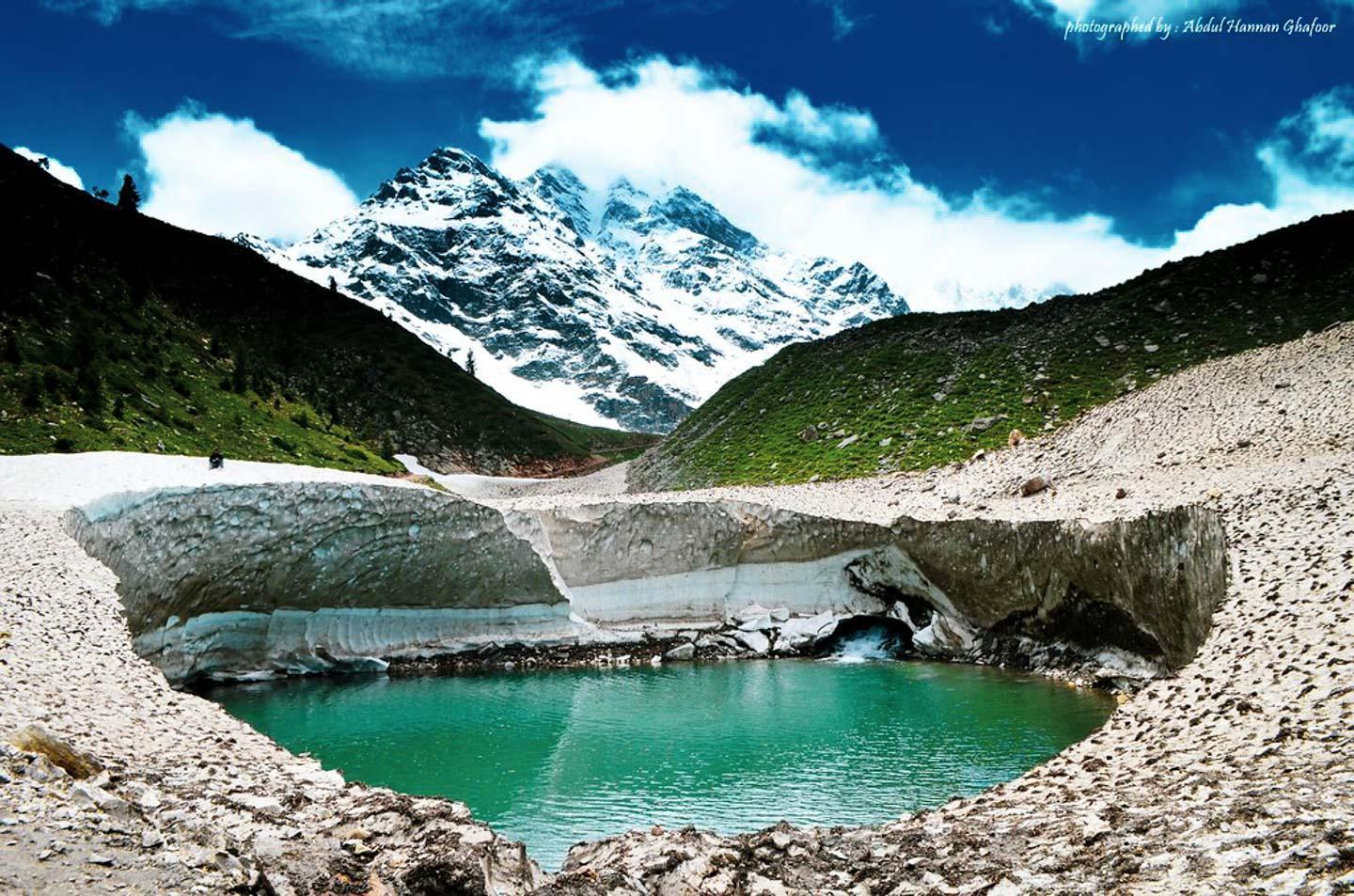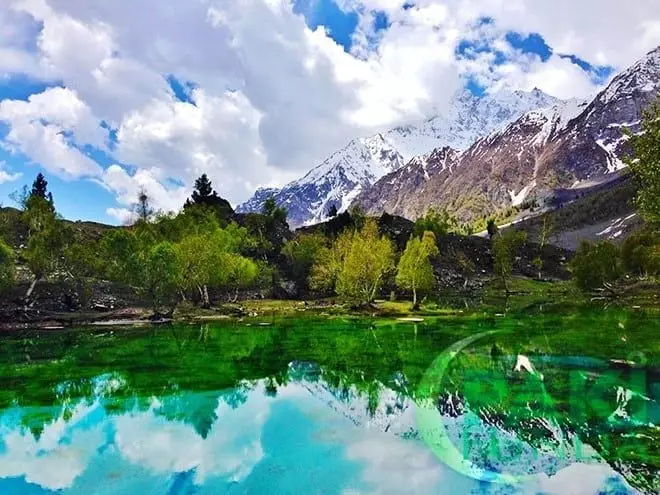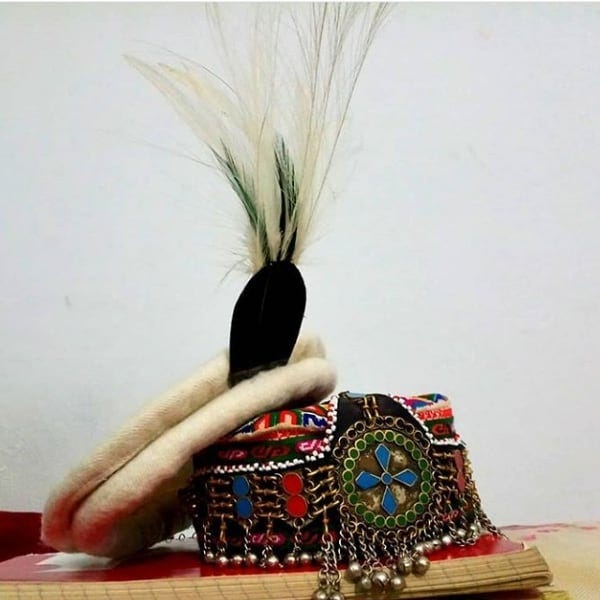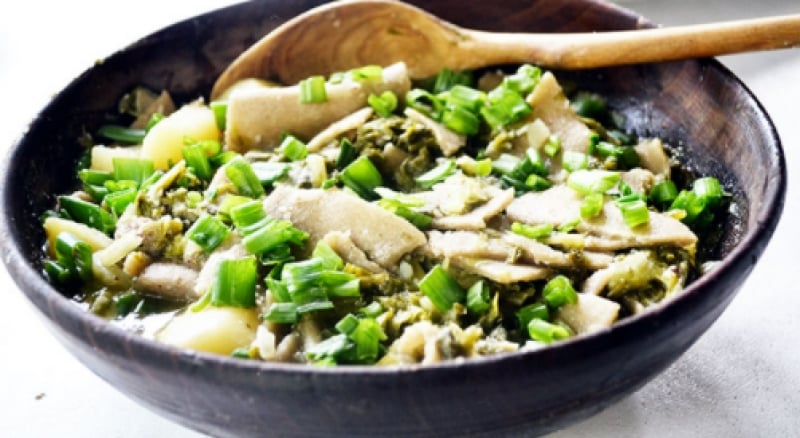History of Gilgit Baltistan
Prior to its independence, the area of Gilgit Baltistan was once a part of the state of Jammu and Kashmir, one of India’s major princely states. The state of Jammu and Kashmir was established in 1846 with the signing of the Treaty of Amritsar between the British and Gulab Singh of the Dogra Dynasty. The treaty also effectively delineated the southern, eastern, and western borders of a new political entity, pushing the Dogras to the forefront of northern India’s rule.Before signing the Treaty of Amritsar, in 1840, Gulab Singh’s Dogra army attacked and annexed Baltistan. As a result, under the new administrative setup, Baltistan was included in the district of Ladakh.
Tensions erupted when the British recognized the region’s geostrategic importance and anticipated a Russian takeover from Central Asia. The British intervened by forming the ‘Gilgit Agency‘ to assume control of the province, signifying the start of the ‘British-Dogra’ rule in Gilgit. While the Dogra rulers were in charge of civil administration, the British Indian Empire was in charge of security and military affairs to safeguard its northern frontier.
A local paramilitary force was formed and called the ‘Gilgit Scouts’, trained under the directives of the British. The British took over the administration of the Gilgit Agency from the Dogras in 1935 on a sixty-year lease, but the Dogras still ruled Baltistan. The lease was terminated by the British two weeks before Pakistan’s independence.
Major General Scott, the British commander-in-chief of the Kashmir army, arrived in Gilgit with Brigadier Ghansara Singh, the governor of Kashmir then. When the British offered the State of Jammu and Kashmir to take over Gilgit, the governor seized control of the Gilgit Agency from the British, and the Maharaja ruled over the whole province.
Gilgit Scouts were left in the dark regarding their position after Lord Mountbatten abruptly cancelled the lease and transferred power. The Scouts were enraged when it was announced that the force would be replaced by the Kashmir army because they were opposed to the control of the Kashmiri forces.Gilgit and Baltistan were divided into smaller empires governed by local monarchs and elites before and during Dogra rule. Officer ranks were awarded to the governing elites of the empires in the Scouts, affording the Scouts a powerful voice in the region’s future settlement. Revolts against the Maharaja erupted in several parts of Kashmir as British rule loomed.
Fearing Muslim uprisings and rebellions in Kashmir, Gulab Singh proclaimed Kashmir’s accession to India. As a result, the Scouts staged a revolt against the Dogras. After considerable struggle, Governor Singh surrendered, and the districts surrounding Gilgit were freed from Dogra control. The Islamic Republic of Gilgit became an independent state on November 1, 1947, and Raja Shah Raees Khan was elected president of the provincial government.Gilgit acceded to Pakistan ‘unconditionally’ after fifteen days of its independence. Conversely, the Raja of Rondu, Mohammad Ali Khan, gathered everyone in order to confront the Sikh forces that had arrived in Gilgit. During the battle, several troops were slain, while some were captured and imprisoned.
The Scouts were called by the Raja to free Baltistan from the Dogra Raj since there was no organized army in the area. For nearly a year, locals in Baltistan battled with the Scouts against the Kashmir army, costing many lives. Despite the horrors of the past, peace has been achieved in the region. The efforts of Gilgit Scouts that translated into the liberation of the region must be acknowledged and lauded.









